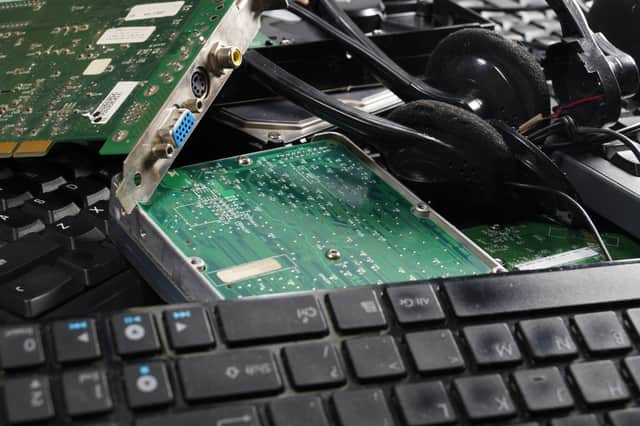It will soon be easier to repair your broken mobile phone or laptop - here's why


There was a time when things could be repaired, but today's technology-dependent society has become used to throwing away faulty gadgets before trying to get them fixed.
Our 'throw away culture' isn't really the consumer's fault, however. Now, new manufacturing guidelines are being brought to by European Commission to discuss changing what is known as planned obsolescence.
You have the right to repair
Advertisement
Hide AdAdvertisement
Hide AdCampaigners have complained that companies have too much control over the repair of their products. Many tech manufacturers insist that consumers have broken products mended by professionals under the control of the company.
The EU Commission will create standards for manufacturers of everyday items such as mobile phones, textiles, electronics and batteries to ensure they are designed to last and, if they break, that they are able to be repaired.
For example, older models of mobile phones were designed to let users remove the battery and replace it when it got old. Now, mobile phones are sealed and only trained professionals using branded parts can access the inner workings.
How will it help the environment?
Libby Peake from the think tank Green Alliance told BBC News: “The new rules are a definite improvement. We think they could have been better, but it’s good news that at last politicians are waking up to an issue that the public have recognised as a problem for a long time. The new rules will benefit the environment and save resources.”
Advertisement
Hide AdAdvertisement
Hide AdThe proposals hope to make manufacturers build environmentally friendly products as a standard, returning to screws and bolts rather than glue.
These regulations will affect the EU as well as the UK, despite Brexit, as it is highly unlikely that companies will make lower-grade products just for the UK market.